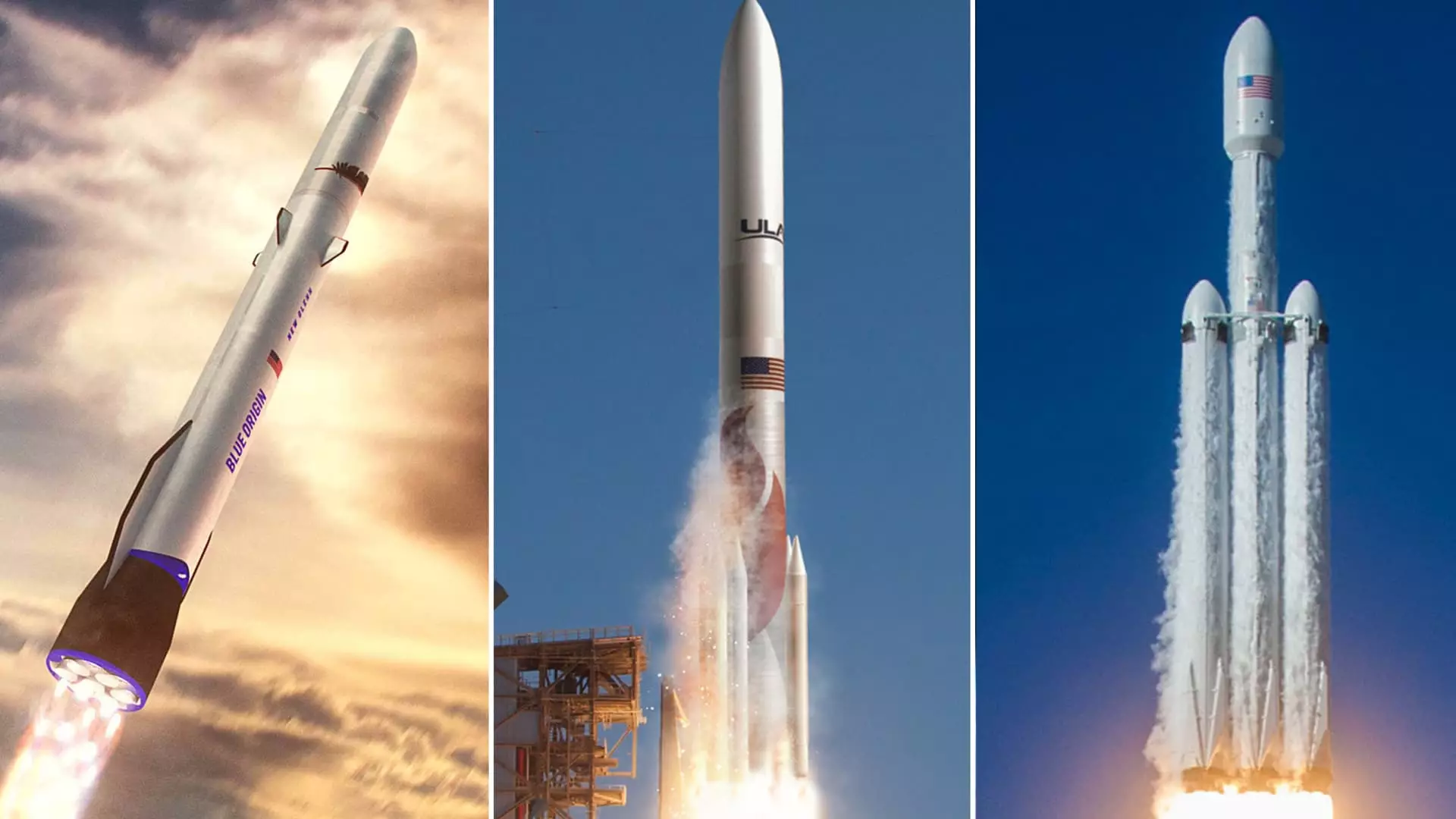In an exciting turn of events, the Pentagon announced the first set of winning bidders in its rocket launch contract sweepstakes. Among the successful companies was Jeff Bezos’ Blue Origin, marking their debut in this particular arena. The National Security Space Launch program, with a budget of $5.6 billion, awarded contracts to Blue Origin, SpaceX led by Elon Musk, and United Launch Alliance (ULA) – a partnership between Lockheed Martin and Boeing.
Response from Companies
Surprisingly, there was no immediate response from Blue Origin, SpaceX, or ULA following the announcement of the contract awards. This lack of comment leaves the public curious about each company’s strategy moving forward in this competitive landscape. It will be interesting to see how they navigate the opportunities presented by the NSSL Phase 3 Lane 1 program, which allows them to vie for contracts until mid-2029.
In the previous phase of NSSL, SpaceX and ULA were the primary contenders for contracts. Over a span of five years, ULA secured 26 missions valued at $3.1 billion, while SpaceX obtained 22 missions valued at $2.5 billion. This success set the stage for their continued participation in the program. However, Blue Origin and Northrop Grumman missed out on Phase 2, signaling a missed opportunity for them.
With the onset of Phase 3, the U.S. military is upping the ante by expanding the playing field. This new phase is projected to involve a total of 90 rocket launch orders, indicating a significant increase in activity. The introduction of Lane 1 and Lane 2 categories under Phase 3 aims to foster greater competition and provide additional companies with the chance to bid for lucrative contracts.
The recent announcement by the Pentagon regarding the allocation of rocket launch contracts to Blue Origin, SpaceX, and ULA reflects a new chapter in the realm of space exploration and defense. The coming years are poised to witness intense competition and innovation as these companies strive to secure a portion of the lucrative contracts offered by the National Security Space Launch program. It will be intriguing to observe how each entity navigates this dynamic landscape and capitalizes on the opportunities presented to them.


Leave a Reply